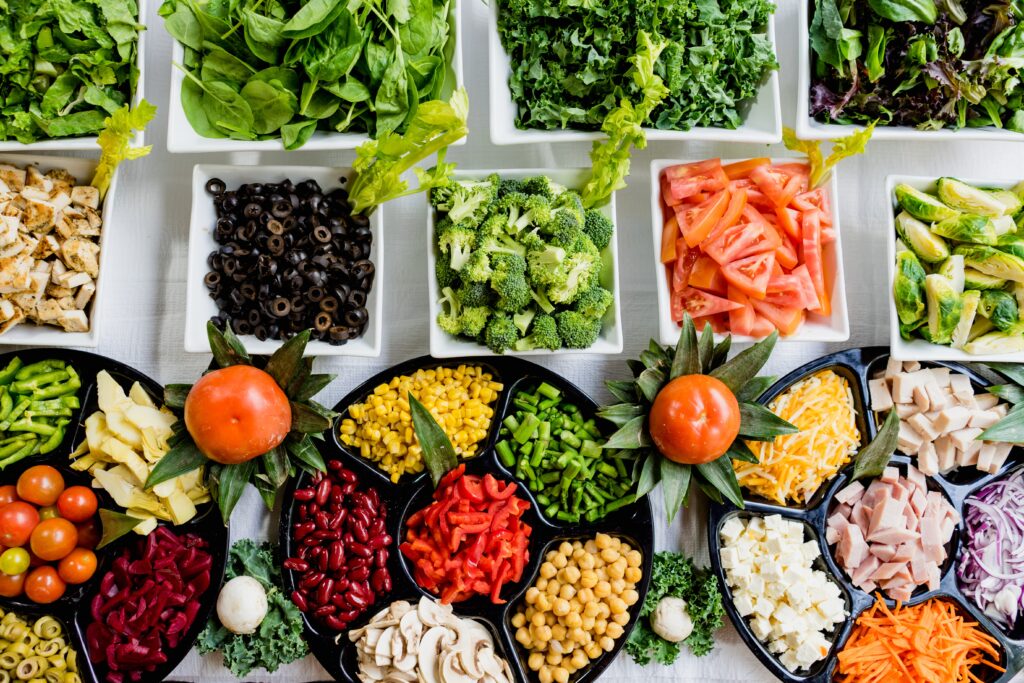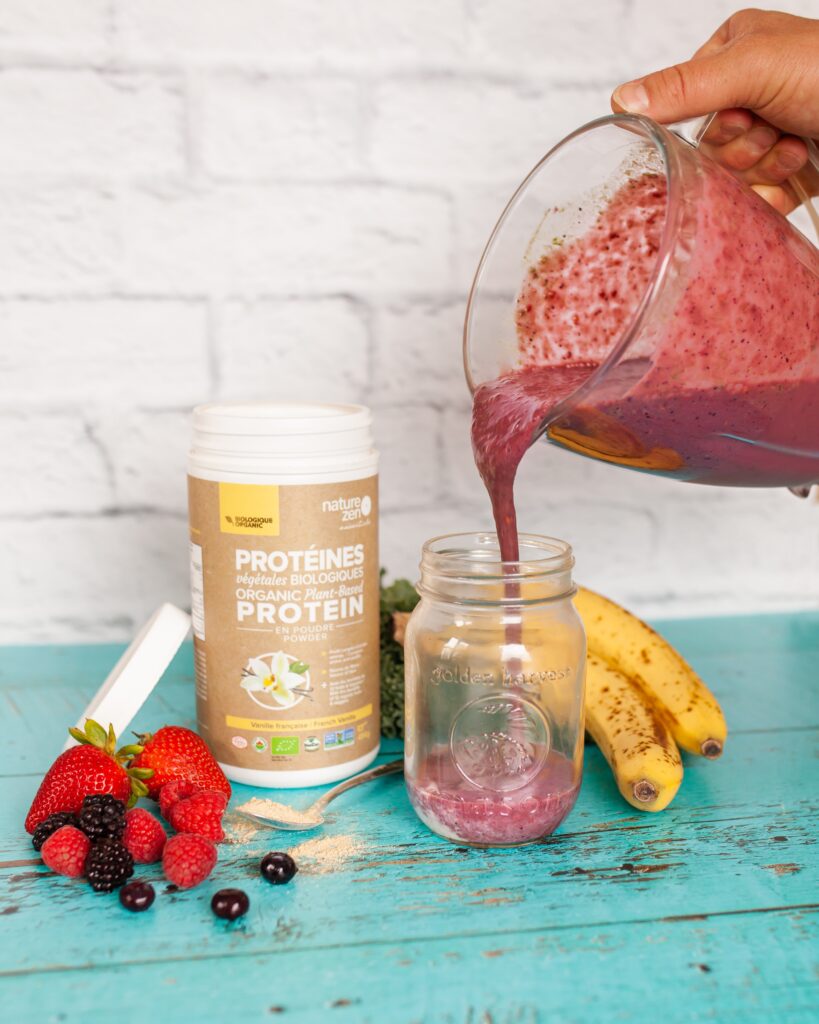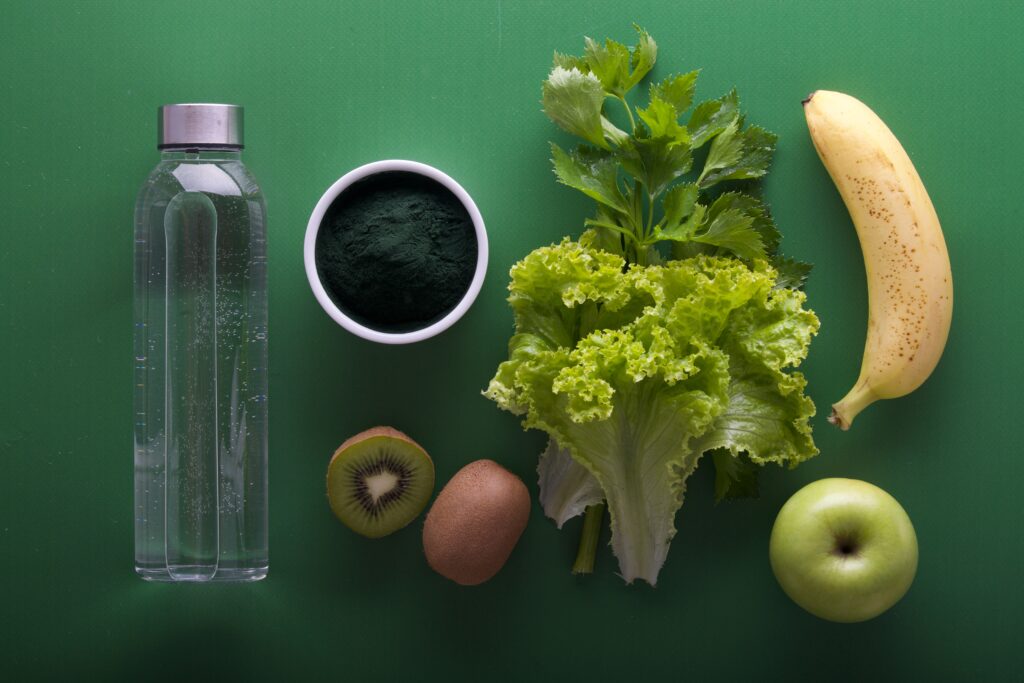Nutrition for sports is the study of how your body utilizes nutrients to boost performance in athletics and how you can optimize the intake of nutrients to boost the performance of athletes and recover. A healthy diet is an essential element of any training plan and could be the difference between achieving your potential, or falling short. This article we’ll discuss the importance for nutrition during sports activities, various types of nutrients , their roles and the best way to develop your nutrition strategy to achieve your goals in athletics.
Carbohydratesand proteins as well as fats are three major macronutrients that supply energy to our bodies. Carbohydrates are the main fuel source for intense training, and are stored in liver and muscles as glycogen. Glycogen is broken down to glucose, which is later utilized by muscles for energy. It is essential that athletes have enough glycogen reserves, since the lack of glycogen can cause fatigue and a decrease in performance.
Proteins are essential in the creation and repair of muscles, and are involved in the production of hormones and immune function. It is crucial for sportsmen to consume sufficient protein to help with the development of muscle and repair however, not to consume too much since excess protein may be converted into fat and stored within the body.

Fats are an essential component of a balanced diet. They offer energy, insulation and cushioning for your body. Fats can also aid in the absorption of certain minerals and vitamins, and supply essential acid fatty acids. It is essential to select healthy fats such as monounsaturated as well as polyunsaturated fats and avoid trans and saturated fats.
In addition to macronutrients micronutrients like minerals and vitamins are crucial in overall well-being and overall. Vitamins and minerals serve many roles in the body, such as aiding in the immune system, helping in muscle contraction and helping to produce energy.
When it comes to establishing an appropriate nutrition plan for sports it is essential to take into consideration the kind of sport, the duration and intensity, and the individual’s needs. The amount and duration of training will affect the the requirements for nutrients and the particular demands of the sport. For instance, an endurance athlete like an aspiring marathon runner will have different nutritional requirements than power athletes like the weightlifter.
Athletes should be aiming to eat healthy, balanced meals that include various natural, unprocessed food items to ensure proper intake of all nutrients. The intake of carbohydrates should be tailored to the needs of each athlete as well as the needs of athletes who are engaged in intense and endurance exercises. The amount of protein consumed should be adequate to help support the growth of muscles and to repair them however, it should not be too high , as excessive protein could end up as fat. Fats should be incorporated into food, with a particular focus on healthy fats like polyunsaturated and monounsaturated fats.
Alongside eating a healthy diet, athletes could gain from supplements in certain circumstances. For instance, sports drinks and gels can be beneficial to replenish glycogen stores in training for endurance, and protein bars and powders can be useful sources of protein that aid in muscle development and repair. But it is crucial to remember that supplements shouldn’t be used as a substitute for an wholesome diet. Moreover, it is recommended to get the nutrients you need from whole food sources whenever it is it is possible.

Nutritional health is an important element of any training program and will aid athletes in reaching their maximum potential. By incorporating a wide assortment of unprocessed, whole food items in their diet, and adapting their diet to their individual requirements, athletes can help their bodies and improve their performance. Make sure to drink plenty of water since proper hydration is crucial to ensure optimal athletic performance.
Here are some additional things to think about when it comes to nutrition:
Nutrition prior to exercise:
It is crucial to be well-nourished prior to exercising to ensure that the body is fully fueled to perform at its peak. The form and frequency of the meals before exercise will depend on the person’s needs and the kind of exercise that is being done However, a common rule is to eat a meal with a lot of carbohydrates, and protein, and low in fats a couple of hours prior to exercising. If you are doing shorter or more intense training sessions, a smaller meal with a high amount of carbs and digestible might be better.
When exercising

Nutrition is important. When exercising for endurance that lasts more than one hour, it’s important to consume carbohydrates while exercising to maintain the blood sugar level and reduce fatigue. This can be accomplished with the help of gels, drinks for sports or other snacks that are high in carbohydrates. It is essential to stay hydrated by drinking beverages or water during your exercise.
After-exercise nutritional needs:
The period following exercise is crucial for repair and recovery as well as proper nutrition will aid in these processes. In the first 30 minutes after exercising, it’s crucial to eat a snack or meal rich in protein and carbohydrates in order to to replenish glycogen reserves and aid in the repair of muscles. This is referred to as the “window of opportunity” and may help in improving the recovery process and adapt to training.
Individualized diet plans There are no two athletes alike and what works for one person might not be suitable for someone else. It is essential to customize diet plans according to the needs and goals for the individual athlete. Things like body weight as well as body composition as well as the intensity of training and duration and the particular requirements of the sport must all be considered. Consulting with a certified dietitian could be beneficial to develop a personalised nutrition program.
In short, sports nutrition is a crucial element of any training plan and helps athletes achieve their maximum potential. By eating a balanced diet consisting of a wide range of unprocessed, whole foods and adjusting their intake to meet their individual requirements, athletes are able to support their bodies and improve performance. A proper pre-exercise, post-exercise and post-exercise nutrition could assist in recovering and training adaptation. Make sure you stay hydrated and think about working with a registered dietitian to create an individual nutrition program.

